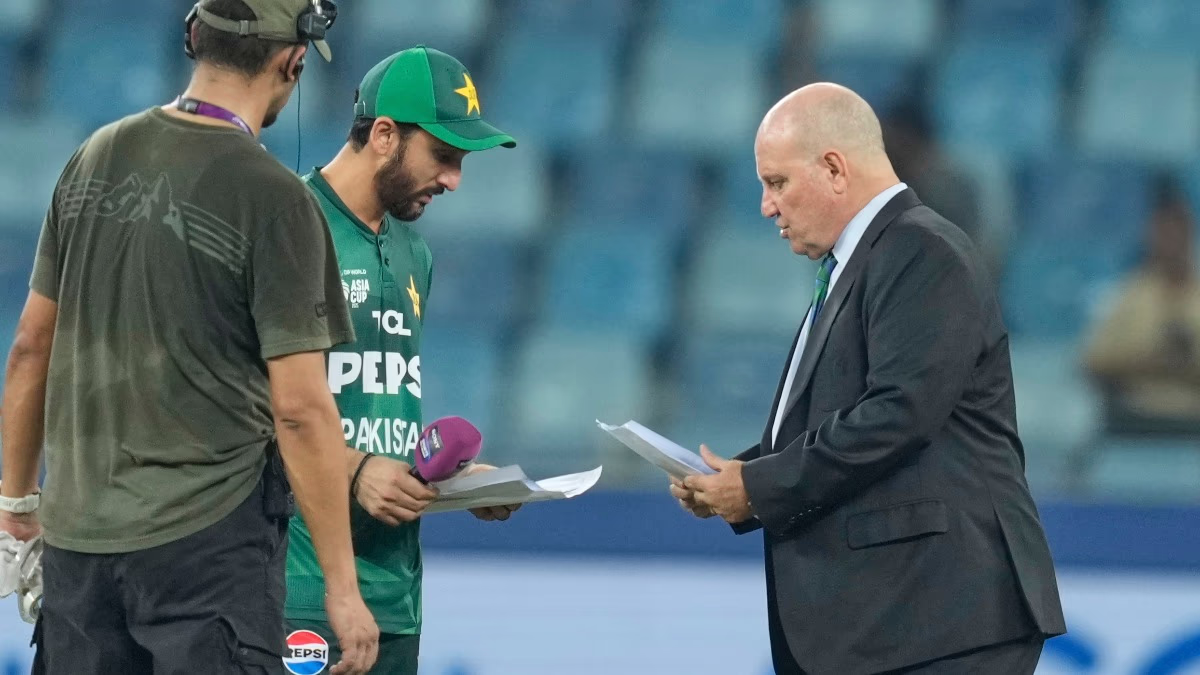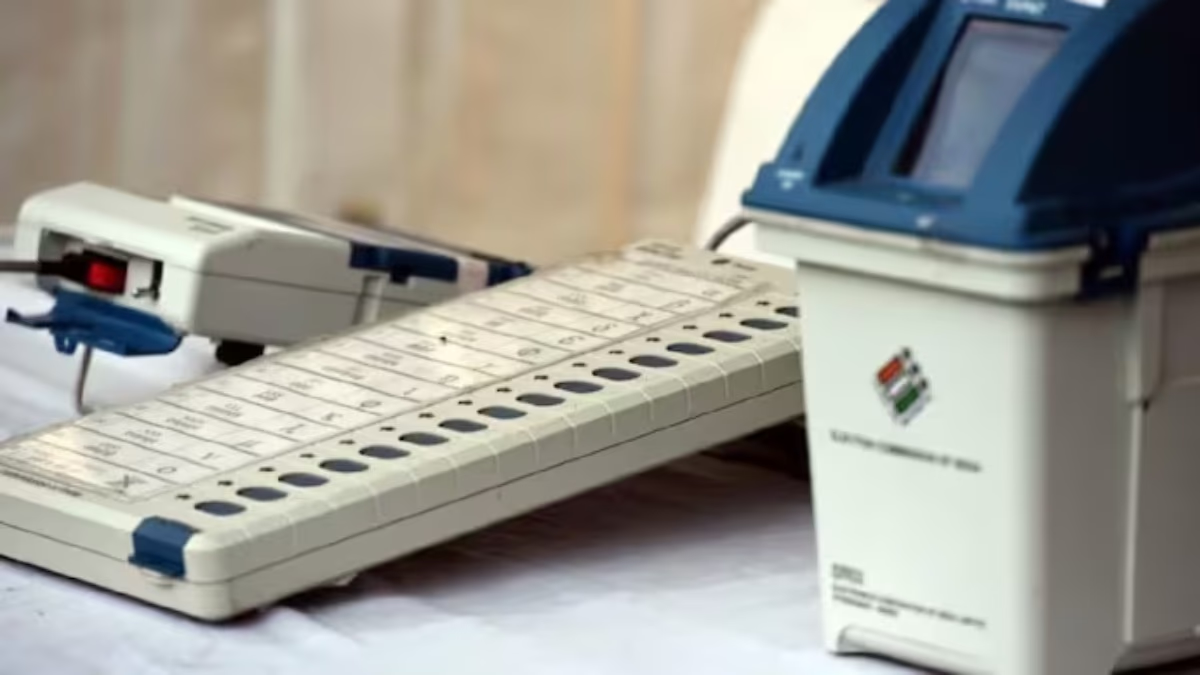In the Asia Cup, Pakistan cricket team's 'threat bomb' completely fizzled out. After the demand to remove match referee Andy Pycroft was rejected, Pakistan initially refused to play against the UAE. However, within about an hour, they surrendered and were forced to step onto the field. The question now arises: did the Pakistani cricket team choose money over honor in the Asia Cup?
The reason is that after making threatening statements before the match, Pakistan surrendered in 70 minutes. The team, which insisted that they wouldn't play against the UAE unless referee Andy Pycroft was removed, eventually agreed to play the match just an hour later. This was despite the ICC's refusal to entertain any of Pakistan's demands. This means Pakistan's 'threat bomb' didn't work even just before the match on Wednesday. The drama began before the match on Wednesday evening and ended with a surrender after approximately 70 minutes, with the team ready to play the match.
The Story of Pakistan Team's 70-Minute Surrender
On Wednesday evening at 6 PM, the Pakistani cricket team didn't leave the hotel, although the bus was waiting in the hotel's lobby to pick them up. By 6:10 PM, their kit was already in the bus. But then, PCB instructed the team to stay in the hotel and not board the bus or go to the stadium. By 6:40 PM, it was reported that a meeting was underway with PCB chief Rameez Raja. By 7 PM, news broke that PCB had directed the team to proceed to the stadium. By 7:10 PM, the Pakistani team finally left the hotel for the stadium, without the removal of referee Andy Pycroft. This indicates that the Pakistani team had to surrender within 70 minutes.
No Pakistani Demands Prevail
Ultimately, Pakistan gained nothing. They demanded the removal of the match referee and threatened not to play without it. However, news surfaced that the referee would remain, and Pakistan would still play against the UAE. PCB had made two major demands from the ICC.
PCB's First Demand:
PCB demanded the removal of umpire Andy Pycroft from officiating the Asia Cup matches. The Pakistani board alleged that Pycroft displayed bias in his umpiring, which was unjust for the Pakistan team. PCB argued that with such an umpire, the team's security and fair play couldn't be ensured.
PCB's Second Demand:
PCB requested strict action from the ICC against Indian team captain Suryakumar Yadav. The board accused Yadav of making a political comment after the India-Pakistan match victory, which goes against the dignity of the cricket field and the spirit of the game. PCB urged ICC to penalize Yadav to prevent future political comments by any player.
However, the ICC dismissed both demands made by the Pakistan Cricket Board.
PCB as a Puppet of the Government
In reality, the Pakistan Cricket Board lacks self-control. It actually functions as a puppet of the Pakistani government. The Pakistani Prime Minister holds all the control, appointing the board's election officer and nominating two members of the PCB. The PM also appoints the head of the audit committee and possesses the authority to remove the chairman or the entire board.
Why Did Pakistan Retreat?
PCB Chairman and Pakistan's Home Minister Mohsin Naqvi were caught in a dual challenge. On one hand, they needed to preserve their honor in the country, and on the other, they had to avoid a financial loss of millions. Ultimately, they adopted the strategy of issuing threats but had to retract the decision to withdraw from the tournament. After losing a match to India, the Pakistani public was criticizing the PCB, while the Pakistani media and players questioned the PCB for doing nothing in response to the Indian captain's refusal to shake hands.
Did PCB Retreat Due to a Financial Loss of 141 Crores?
According to PTI news agency, if Pakistan had withdrawn from the Asia Cup, the team would have faced a loss of approximately $16 million, equivalent to about 141 crores. PCB's annual budget is around $227 million. In this context, a $16 million loss would wipe out approximately 7% of their revenue. This means that both Pakistan as a country and PCB as a board would experience this setback. It is said that to avoid this blow, PCB opted for a U-turn and decided to surrender.




